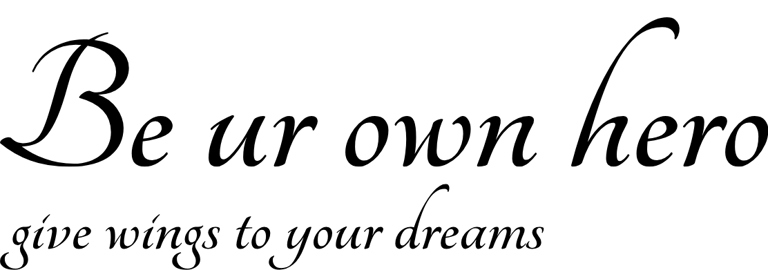Mastering the Art of Decision Making: How to Make Choices Wisely
SUCCESS TIPS FOR THE YOUNG MINDSUNLOCK YOUR POTENTIAL
11/7/20252 min read


Introduction to Decision Making
In our daily lives, we are faced with a multitude of choices. From the moment we wake up until we go to bed, the number of decisions we make can reach as high as 35,000. These vary from trivial matters, such as what to wear, to significant life-altering decisions, such as choosing a career path or entering a relationship. Understanding how to make a decision in life is not just an art but a necessary skill that can lead to personal growth and fulfillment.
The Process of Decision Making
To make an informed decision, it is vital to be methodical. The first step is identifying the decision at hand. Next, gather relevant information. This includes any facts, figures, or advice from others that could impact your choice. Once you have done this, weigh the pros and cons of each option available. Consider your values and how each choice aligns with them. In this phase, it’s helpful to visualize the outcomes based on your findings.
Understanding Consequences
Every decision has consequences, ranging from immediate to long-term effects. Therefore, carefully considering these can help to refine your decision-making process. Reflect on similar decisions you’ve made in the past and learn from the outcomes. Be mindful that some decisions may not yield the desired results, yet the lessons learned can be invaluable. Ultimately, the more informed you are, the better equipped you will be to choose wisely.
The Role of Intuition
While many decisions can be made through analysis and logical reasoning, sometimes, intuition plays a crucial role. Our instincts often have a basis in our experiences and knowledge, accumulated over time. Thus, when faced with a particularly tough choice, it’s important to listen to your instincts as part of the decision-making process. Balancing intuitive judgment with analytical thinking can lead to more satisfying outcomes.
Conclusion
Making decisions is an inherent part of life that we cannot escape. By understanding the process of decision making and recognizing the number of choices we encounter daily, we can develop a framework for making thoughtful, deliberate choices. As you practice these strategies, you will find that making decisions becomes less daunting and more rewarding. Whether you are choosing what to have for breakfast or deciding on a career change, equipped with the right tools, you'll be prepared to navigate the choices you face effectively.
